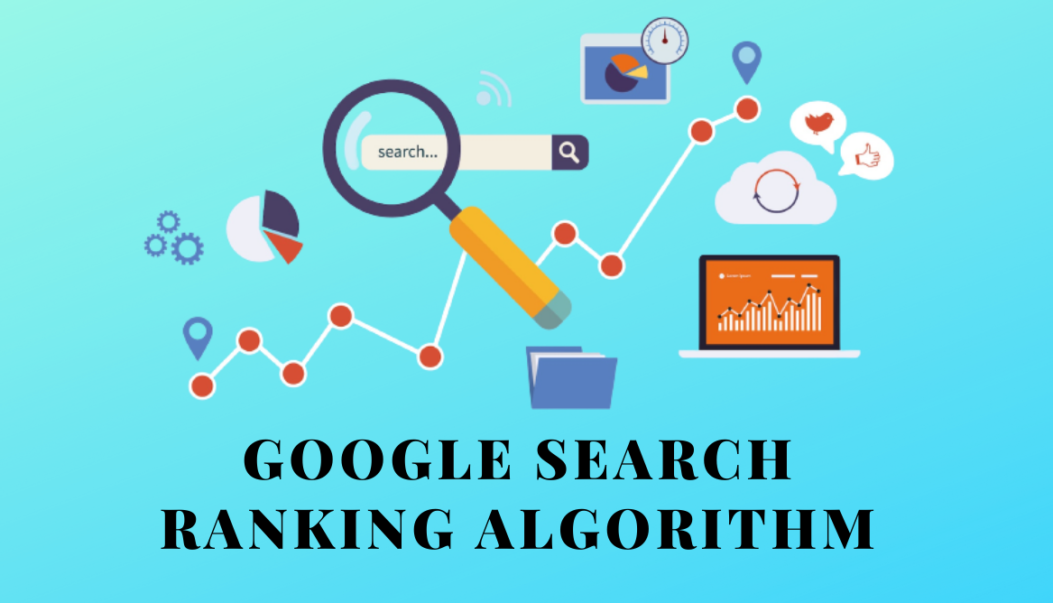Page experience has become an important ranking factor for search engines to rank a website. Google evaluates page experience metrics of individual pages on your website and uses them as a deciding factor for the improvement in the search results ranking. A bad page experience could lead to a high bounce rate and fewer conversions, whereas a good page experience wins more conversions and top rankings.
In this article, we are going to dive into understanding page experience in Google Search Results.
What is Page Experience?
According to Google, Page experience is the set of signals which measures the user’s experience with a web page during interaction on mobile, desktop, or other devices.
Page experience is evaluated by the set of metrics called core web vitals and search signals. While core web vitals measure real-world user experience based on loading speed, interactivity, and visual stability of the page, search signals include mobile-friendliness, HTTPS, and intrusive interstitial guidelines.
How Page Experience Affects Ranking
Page experience isn’t necessarily a means of search engine ranking. Google is still looking for the best information to rank a page even with a below-average page experience. Great page experience doesn’t surpass great page content.
However, so many sites are competing for high-quality content. In case of high competition around content, Google elevates the best-performing websites in search results with a better page experience because Google has to go beyond content to differentiate pages.
Where there are many pages with similar relevance, page experience can be much more important for visibility in search and SEO.
Apart from page experience, Local SEO can take your business among top brands. If you are looking for local SEO services, Lion Bear Media will undoubtedly be your game-changer to make your business stand out.
Page Experience Signals
Here are the signals that are important for delivering a good page experience in Google Search:
Understanding Core Web Vitals
Google page experience involves the UX of the page as a search ranking factor. The user experience is evaluated by the metrics called core web vitals i.e. LCP, FCP, FID, and CLS. All four core vitals demonstrate the loading, interactivity, and visual stability of the page. Let’s understand each in the section below:
First Contentful Paint (FCP):
FCP is a metric that measures the time from when a page starts loading to the first bit of page content is rendered on the screen. This provides the first feedback to the user that the page is actually loading. Have a First Contentful Paint of 1.8 seconds or less for a good user experience.
Largest Contentful Paint (LCP):
LCP is the core web vital that measures the loading time of the page in seconds. It is calculated when the page starts loading until the largest content (image element) finishes loading on the screen. For optimal performance on user experience, the website should strive for an LCP score within 2.5 seconds.
First Input Delay (FID):
FID is the core web vital that measures the time between the user’s first interaction on the page and the browser’s response to that interaction. An interaction can be anything like clicking on a link or button.
FID of less than 100 milliseconds is ideal for providing a good user experience.
Google wants websites to become interactive and responsive as fast as possible once the content is rendered to the users. Quick interactions can result in the successful conversion of the users.
Cumulative Layout Shift (CLS):
Cumulative Layout Shift measures the visual stability of the page. A page’s unexpected layout shifts on scrolling or interaction lead to the inability to read or taping a wrong button is the result of bad CLS. It is recommended to have a CLS score of less than 0.1 for a good user experience.
Mobile-friendly Website
With a rapid increase in mobile users, Google prioritizes mobile performance over desktop. Make sure to have your website optimized for mobile devices, providing a mobile-friendly user experience.
Now, ranking in Google search also depends on the quality of your site’s mobile experience.
HTTPs
Secured websites are easy to trust by visitors. A page should be served over HTTPs for high security and a good page experience.
No Intrusive Interstitials
Google wants to make content easily accessible on all devices by all users. If a page load with unnecessary pop-ups or interrupting interstitials tends to be penalized in Google search ranking.
Hire Lion Bear Media to Optimize Your Page Experience
Page experience is the set of search signals and is important for online success. Taking it for granted could leave your website with less traffic, less conversions, and eventually no sales. Don’t worry, Lion Bear Media has come to escape you from creating a bad user experience.
We are the best internet marketing company and trusted web development service provider for thousands of happy customers who want to optimize their website for SEO, core web vitals, and best performance.
Get in touch and allow our experts to measure, monitor, and optimize your site’s page experience.
Authors’ Bio
Digital Marketing Agency Owner. Helping small to midsize businesses use search marketing so customers find them.Get Local SEO Services in San Diego, rank out your competitors, drive more traffic and sales. Linkedin
